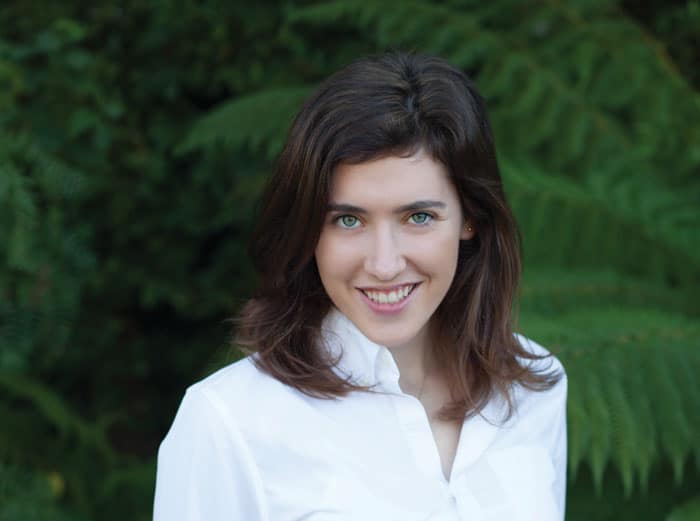
Globally, 2.3 billion people cannot access basic sanitation services. For menstruating women who do not have things like a handwashing facility and soap at home, this poses a huge problem.
Additionally, women in low and middle-income countries have challenges when it comes to menstruation education. For example, in some regions in India, getting your period is considered impure, and women are often banned from social and religious events when they are menstruating.
To give women and girls access to supplies they need, a community of local students and their teacher came up with the idea for The Pad Project in 2013. The non-profit was formed in 2018. Through bake sales, fundraisers and two Kickstarter campaigns, they purchased a sanitary pad machine for a rural Indian town, an effort that was the subject of the 2019 Academy Award-winning short documentary film “Period. End of Sentence.” Today, it provides menstrual products and education to communities in the United States and abroad.

The nonprofit’s Director of Development, Marketing and Communications, Sorelle Cohen, said she wanted to become involved with The Pad Project after watching the documentary.
“Since the project was started locally by Oakwood High School students, I saw the power of community and grassroots organizing working to end period shame and stigma,” she said. “The organization is impacting women and girls around the world.”
Instead of just giving out pads to women, The Pad Project provides grants to NGOs to purchase and start pad-making machine social enterprises. Essentially, women in underdeveloped countries can have their own businesses making and selling menstrual pads.
According to Cohen, in many cultures, it’s traditional to use cloth to absorb menstrual blood, but clean cotton cloth is too expensive. Now, there are fewer options available to women and girls, and they may use old rags or cloth or pads for longer than they should, which leads to infection. The lack of access to sanitation facilities makes it difficult for girls to change their menstrual products in places like schools, too.
“The organization is impacting women and girls around the world.”
This public health crisis is called “period poverty,” and it exists in the U.S. as well. A State of the Period survey found that 23% of students have struggled to afford menstrual products and 38% often or sometimes cannot do their best schoolwork because they lack access to menstrual products. Cohen pointed out that SNAP or WIC do not cover menstrual products, and families struggling to afford food cannot also afford pads and tampons.
“No one should have to choose between putting food on the table and managing their period,” said Cohen.
Along with providing period supplies, The Pad Project’s partners run menstrual hygiene management workshops. The nonprofit’s new film celebrating menstruation, “Long Line of Ladies,” is premiering at Sundance this year.
Working at The Pad Project has been a form of tikkun olam for Cohen, who said her Jewish values involve making the world a better place.
“It has been really comforting, and not surprising, that I have the opportunity to work with strong powerful Jewish women around the world working to end period poverty,” she said. “As I continue to learn about taboos from different cultures and religions about menstruation, I was inspired to reread and learn through a different lens about the connection between Judaism and menstruation.”
Cohen, and the entire team at The Pad Project, hope to spread awareness about period poverty and ensure that girls and women everywhere have the resources they need when they are menstruating.
“I look forward to the day where we won’t receive dozens of emails each week asking for period care products,” Cohen said. “The demand for addressing this issue is so high, and I hope other nonprofits and NGOs see the relevance of this global issue.”
To learn more, visit The Pad Project online.























 More news and opinions than at a Shabbat dinner, right in your inbox.
More news and opinions than at a Shabbat dinner, right in your inbox.